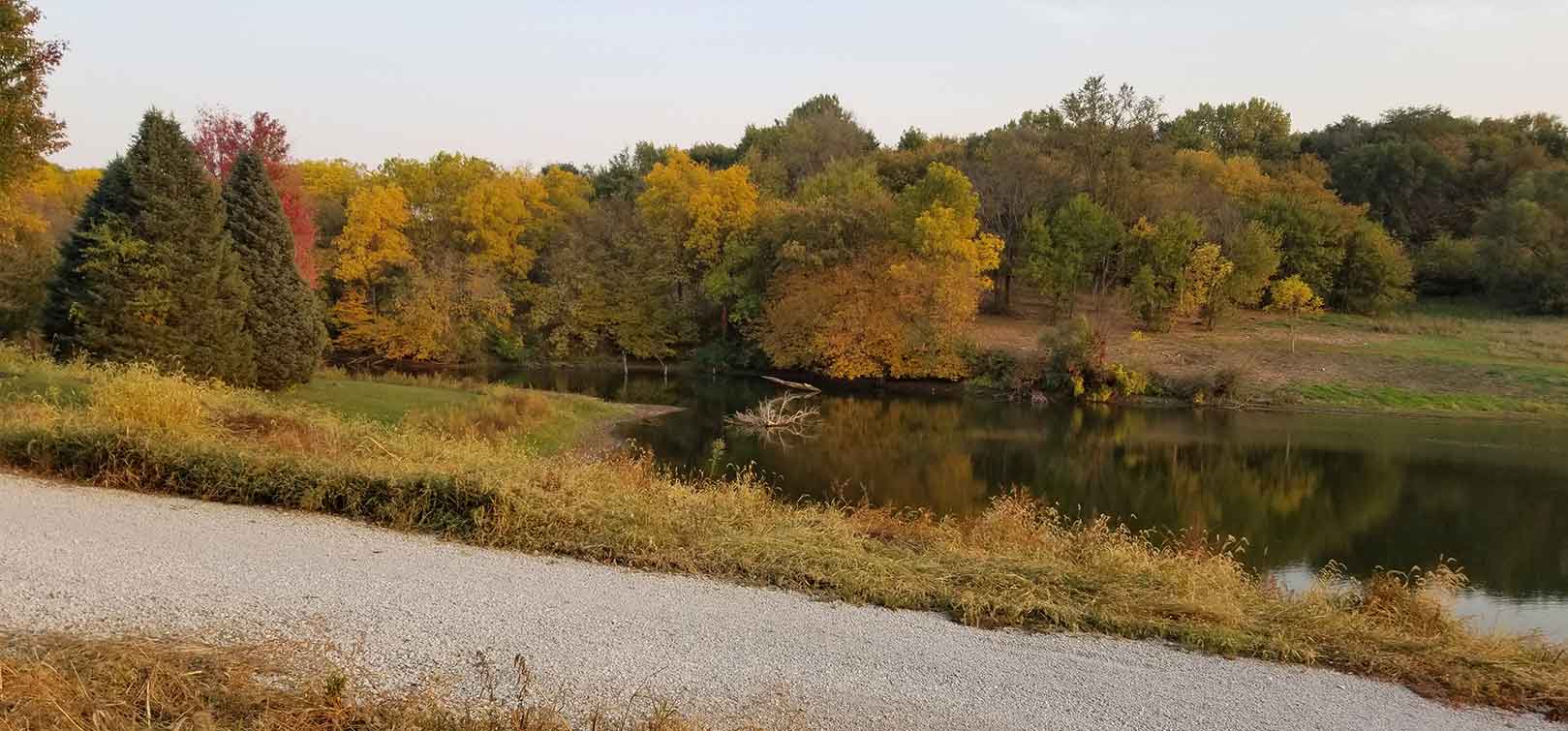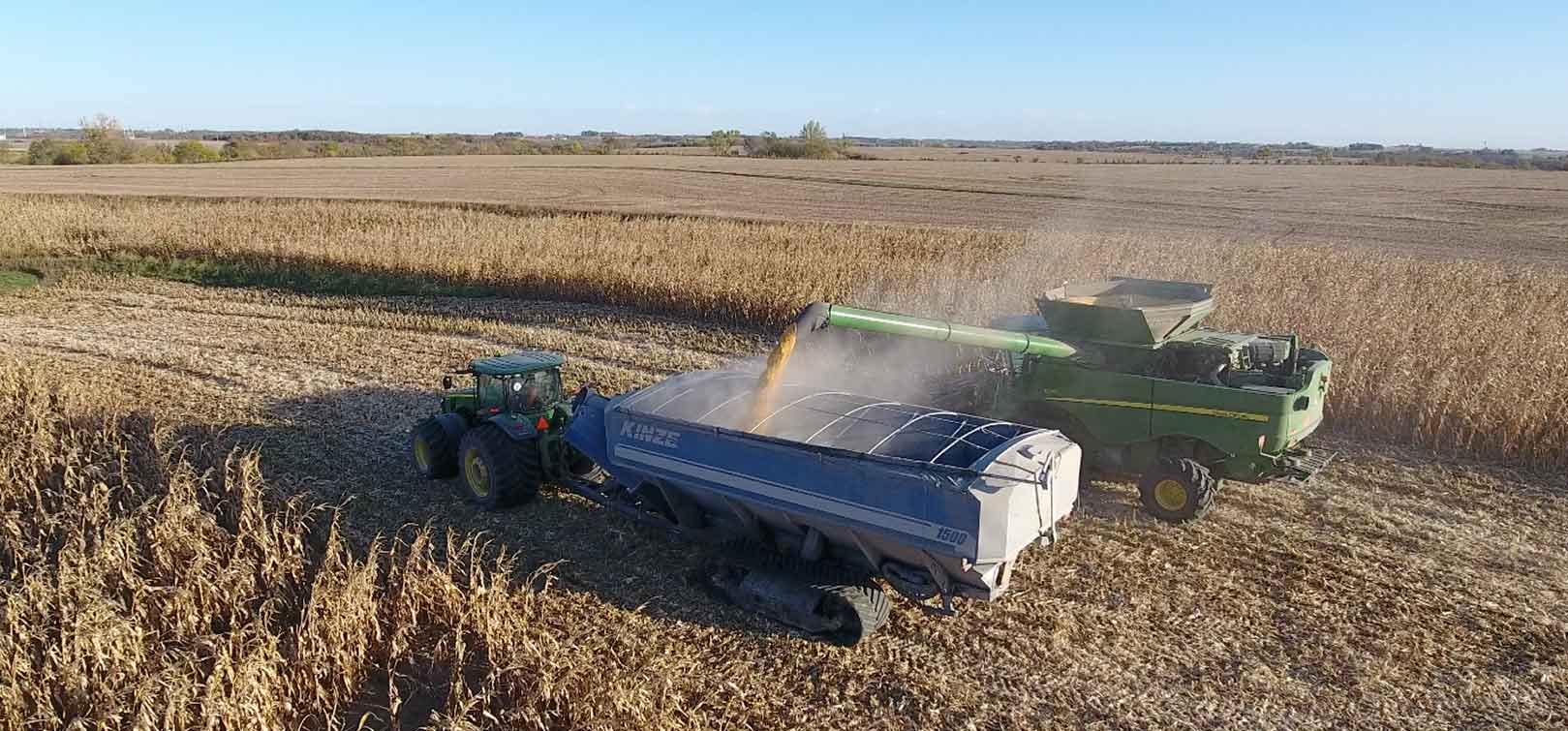Are you feeling confused on how you should sell your farmland? Here’s a quick checklist of the pros and cons to common methods of selling land. Choose one which best fits you and your farm, or reach out today to have a free professional consultation!
Sell by Live Bidding Auction
This is where people show up to a common place and the auctioneer calls for bids in-person on a certain day. Sellers typically come to live auctions and talk with their auctioneer during a “break” in bidding to discuss the price of where bidding is at. With a reserve auction, which is most popular, you as a seller have the right to accept the highest bid, reject it, or confirm the sale at your reserve price and sell to the highest bidder.
Pros
- As a seller, you set your own terms and conditions bidders have to agree to.
- Live auctions are widely recognized as the traditional way of selling land.
- In this method, an auctioneer will chant out-loud and take bids. Creating a unique atmosphere that the public enjoys listening to.
- Some live auctions also include online bidding depending on the auction company.
Cons
- Venue expenses to hold the auction can be an extra cost.
- Bidders experience social pressures and often become nervous bidding against friends, the farm tenant, and the public. Resulting in lower prices when compared to online only auctions.
- Live auctions are often stressful to you as a seller because you have very little time typically during the 10-minute break between bidding to decide if the price is high enough for you to sell your land or not with your auctioneer.
Sell by Timed Online Auction
In this method, all bidding is online and timed. Bidding is typically open for 30-45 days and the auction has a set date and time where bidding will end. I recommend online land auctions to all of my clients as the preferred method of selling land because of the benefits they provide compared to live in-person auctions.
Pros
- Bidding online greatly reduces bidder friction by taking away social pressures that are experienced at a live auction. The bidders remain anonymous online and can sit in the comfort of their home and bid!
- Bid from anywhere!
- Unlike a live auction, there are bids already placed before auction day!
- Setting a date for the auction to end creates momentum and competitions for people to bid. Unlike a listing which could take several months!
Cons
- In this case the auctioneer does not chant out loud, but the time ticks down and flashes when someone bids. Still creating an exhilarating experience for bidders to keep placing bids!
- Tip – research auction companies and choose one who owns their bidding software and has multiple sold results of online land auctions over several years!
Sell by Listing
The biggest difference between auctions and listings is a for sale price instead of an auction date. Your real estate agent helps you understand offers submitted by buyers and markets the property for you.
Pros
- You set the price as a seller.
- Buyers who are investors can calculate return rate since the price is established.
Cons
- Buyer’s will present offers with contingencies and terms which you either have to accept, counter-offer, or decline.
- Typically, listings are a longer process than auctions since there is no set date.
- You can easily over-price your farm or acreage and have to work down on price instead of up.
- Listings require a higher commission fee to cover paying both seller and buyer brokerages when compared to auctions.
- If there are multiple owners, all sellers will have to agree on the terms presented by buyer which can be challenging to achieve.
- Multiple open houses dates which are time consuming!
Sell by For Sale by Owner
Have land to sell? You can try selling on your own!
Pros
- You could get the job accomplished yourself as a seller.
- Since you are the primary contact you will deal directly with potential buyers and receive all inquiries!
Cons
- Marketing/Advertising is all on your and cost money!
- You have to be comfortable accepting offers with contingencies and having conversations with potential buyers.
- There is no sense of urgency for buyers to present an offer when compared to timed online auctions which have a time frame laid out.
- If selling land with a house, you will need to have multiple open house dates. Visits from potential buyers can be very inconvenient.
- You will be responsible for making sure the closing process is moving correctly and on time.
- Selling land is complex, and sometimes paying an attorney for legal advice is necessary!
Private Direct Offer
I offer this method to sellers looking to keep their name private and not listed on their land auction or listing. This method is only advertised to select list of buyers who are required to accept the terms and conditions and place an offer within a few days.
Pros
- Completely private – you don’t have to display your name or who owns the farm.
- You will set your terms and conditions similar to an auction.
- Your property will only be marketed to a select few individuals and investors to make offers.
- Typically, a fast process and can be used for lease back options.
Cons
- Since it is not advertised to the public, this creates a smaller buyer pool and may not achieve as high of a price like an auction would.
- Not as common when compared to auctions and listings.
- Only select auctioneers and land agents provide this method.
Most landowners only sell land once in their life, and only get one shot at it to make it right. My advice – reach out to a professional who has sold multiple properties and can offer advice on what method best fits your land. If you have any questions or would like a free consultation, fill out this form and I will reach out to you!


